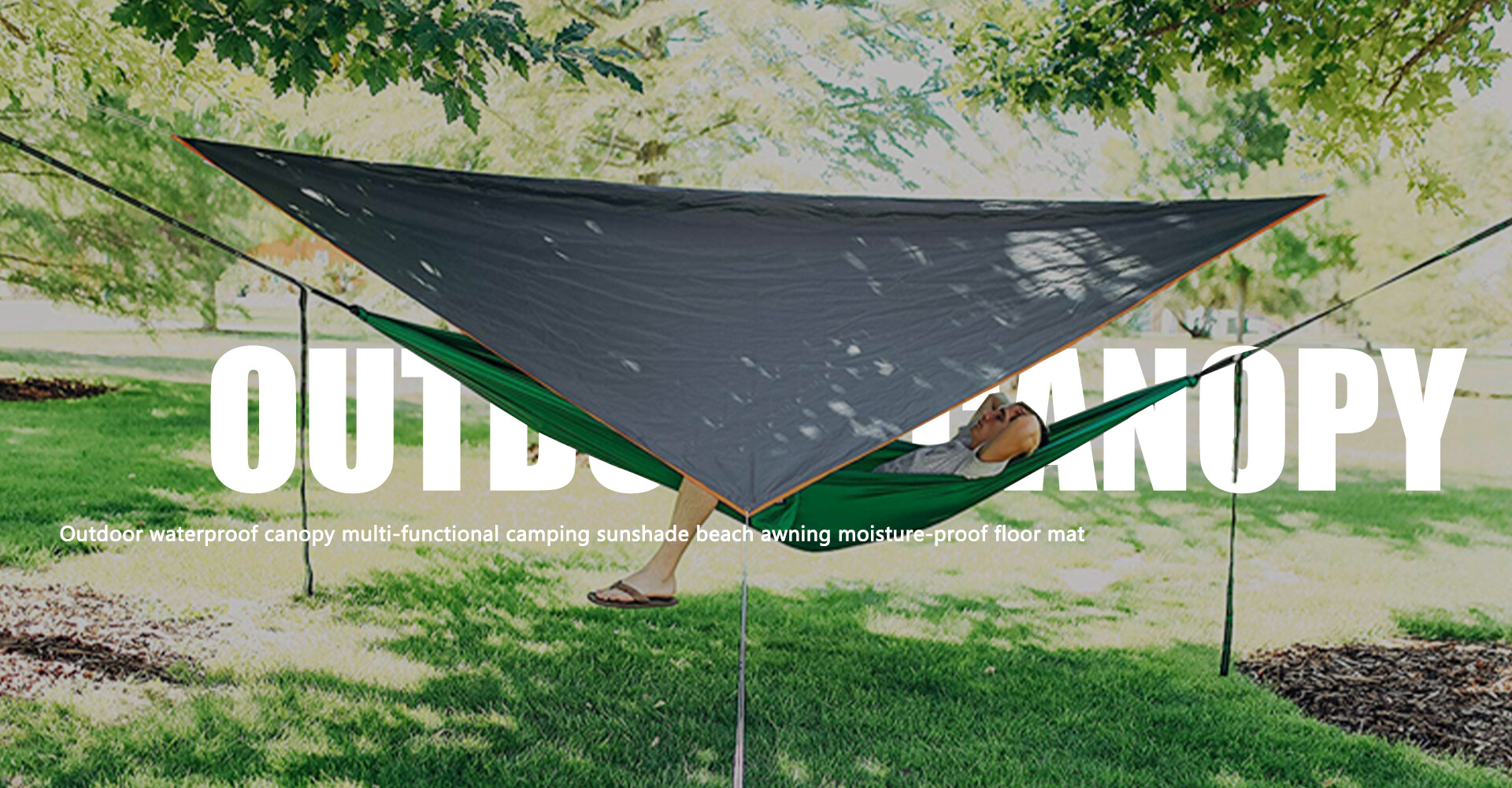Email format error
Email cannot be empty
Email already exists
6-20 characters(letters plus numbers only)
The password is inconsistent
Email format error
Email cannot be empty
Email does not exist
6-20 characters(letters plus numbers only)
The password is inconsistent


Introduction
When embarking on a camping adventure, it’s crucial to prioritise safety and comfort. One essential item that should not be overlooked is a camping tent mosquito net. In this blog post, we will explore why it is important to have a mosquito net in a camping tent, its effectiveness against various insects, alternative options for insect protection, and additional tips to prevent mosquito bites while camping.
The Importance of Equipping a Mosquito Net in Camping Tents
Mosquitoes are not only annoying but can also pose health risks by transmitting diseases such as malaria, dengue fever, and the Zika virus. Here’s why a mosquito net is crucial in a camping tent:
Protection: A mosquito net acts as a physical barrier, preventing mosquitoes from entering the tent and biting you while you sleep.
Peaceful Sleep: By keeping mosquitoes at bay, a mosquito net ensures a peaceful and uninterrupted night’s sleep, allowing you to wake up refreshed and ready for the day’s adventures.
Safety: In areas where mosquito-borne diseases are prevalent, a mosquito net can be a lifesaver, providing an extra layer of protection.
Protection Against Other Insects
While the primary purpose of a camping tent mosquito net is to prevent mosquito bites, it can also offer protection against other insects, such as flies, gnats, and even spiders. The fine mesh of the netting acts as a barrier, keeping these unwanted visitors out of your sleeping area.
Alternative Options for Insect Protection
In addition to using a camping tent mosquito net, there are other options available for insect protection while camping:
Insect Repellents: Using insect repellent sprays, lotions, or wearable devices can help repel mosquitoes and other insects.
Permethrin-Treated Gear: Treating camping gear, including tents, clothing, and sleeping bags, with permethrin can provide long-lasting insect protection.
Portable Mosquito Traps: Portable mosquito traps can attract and capture mosquitoes, reducing their population around your camping area.
Additional Tips to Prevent Mosquito Bites While Camping
In conjunction with using a camping tent mosquito net, here are some additional tips to minimise mosquito bites during your camping trip:
Wear protective clothing. Cover exposed skin by wearing long-sleeved shirts, long pants, and socks. Opt for light-coloured clothing, as mosquitoes are attracted to dark colours.
Avoid Peak Mosquito Activity: Mosquitoes are most active during dawn and dusk, so plan your outdoor activities accordingly.
Remove Standing Water: Mosquitoes breed in stagnant water, so eliminate any standing water sources near your camping area.
Use Citronella Candles or Torches: Citronella candles or torches can help repel mosquitoes and create a pleasant ambiance in your camping area.
Conclusion
Equipping a mosquito net in your camping tent is of utmost importance to ensure a safe and comfortable camping experience. Not only does it protect against mosquitoes, but it also offers defence against other insects. Additionally, there are alternative options available for insect protection, and following additional tips can further minimise mosquito bites. By prioritising insect prevention, you can fully enjoy your camping adventure without the nuisance and health risks associated with mosquito bites. Happy camping!